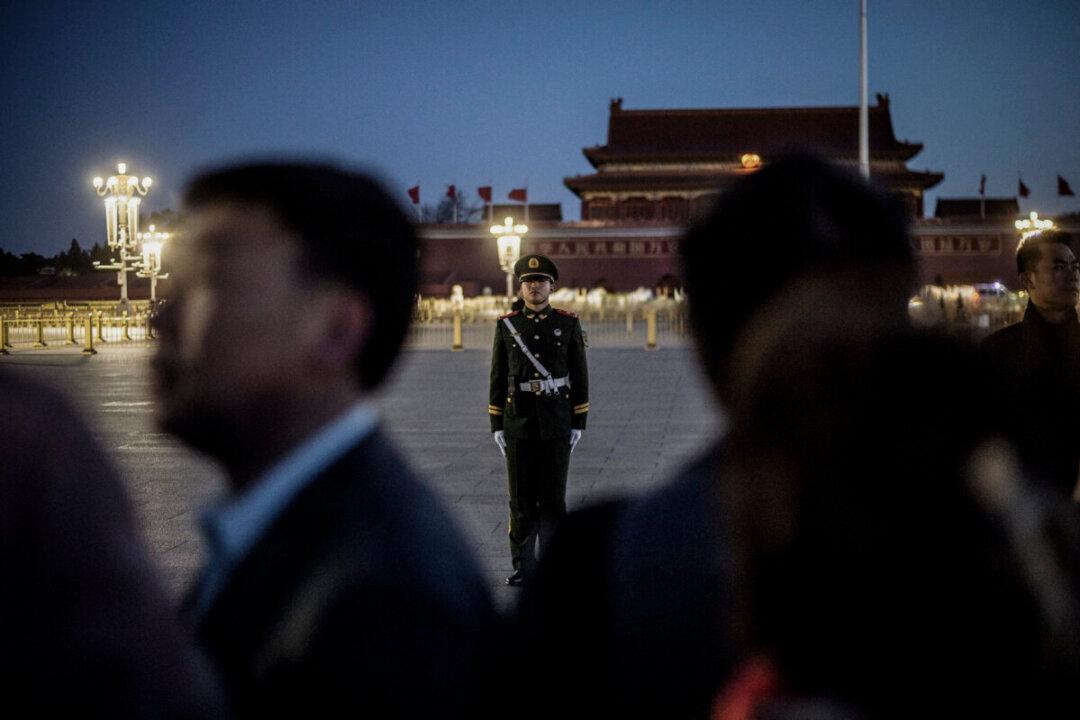In his new book, “On Xi Jinping,” former Australian Labor Prime Minister Kevin Rudd posits that the world needs merely to wait out Xi’s leadership, at which time China will resume a more centrist course.
The current ambassador to the United States claims this swing could happen as the Chinese Communist Party (CCP) leader’s strict adherence to Marxist ideology takes its toll on the economy.





